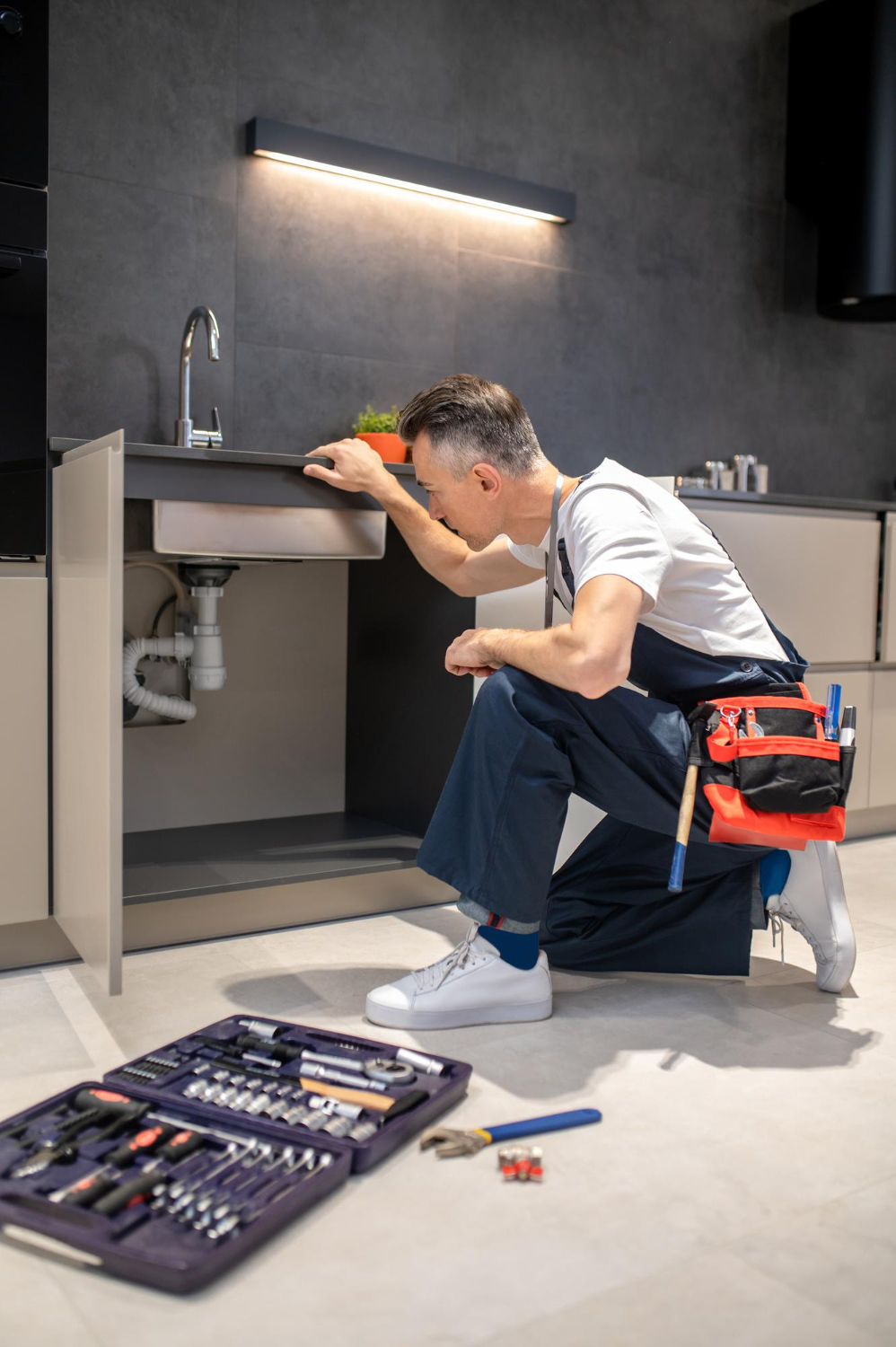
Table of Contents
Table of Contents:
- The Importance of Preventive Maintenance
- Basic Home Plumbing Checklist
- Seasonal Maintenance Tips
- Common Warning Signs
- Tools Every Homeowner Should Have
- Knowing When to Call a Professional
The Importance of Preventive Maintenance
Preventive plumbing maintenance is crucial for keeping your home’s plumbing system running smoothly. It helps prevent expensive repairs and potential damage from major leaks or pipe bursts. Regular inspections and minor repairs can save homeowners money and dissatisfaction in the long run. Utilizing professional plumbing services can ensure that your system is thoroughly examined and any issues are promptly fixed before they escalate.
Additionally, studies show that consistent maintenance can extend the lifespan of your plumbing system by up to 30%. This is particularly significant, considering neglected plumbing systems often lead to severe water damage, mold growth, and structural issues.
Basic Home Plumbing Checklist
According to seasoned plumbers in Peoria, IL, inspecting your plumbing system regularly can help you catch minor issues before they become major problems. Start with this comprehensive checklist:
- Check for leaks around sinks, toilets, and pipes. Even small drips can lead to significant water loss and damage over time.
- Ensure that all faucets are not dripping. A dripping faucet can waste hundreds of gallons of water annually, significantly impacting your water bill.
- Inspect the water heater for proper functioning and signs of wear. Regularly flushing the tank can prevent sediment buildup, which can cause inefficiency and shorten its lifespan.
- Look for signs of water damage on walls and ceilings, such as discoloration, mold, or mildew. These can indicate hidden leaks that need immediate attention.
- Test your home’s water pressure. Low water pressure may signal a blockage or a more serious issue with your pipes.
Seasonal Maintenance Tips
Each season poses unique challenges for your plumbing system. Follow these seasonal tips to keep your system in good shape year-round:
- Spring: Clear out debris from gutters and downspouts to prevent clogs and ensure proper drainage. This can help prevent basement flooding and damage to your home’s foundation.
- Summer: Inspect hose bibs and outdoor faucets for leaks. Fixing these leaks conserves water and prevents damage to your home’s exterior.
- Fall: Insulate pipes, especially those in unheated areas like the attic, basement, or garage, to prevent them from freezing during the winter. This action can avoid the trouble and expense of dealing with ruptured pipes.
- Winter: Let faucets drip during extreme cold spells to avoid pipe bursts. A small trickle of water can prevent pressure buildup, which can lead to bursting frozen pipes.
Common Warning Signs
You may take care of plumbing issues before they worsen by being aware of these typical warning signs:
- Low water pressure: This could indicate a blockage, a leak, or an issue with the main water line.
- Unpleasant odors from drains: Foul smells may signal a blockage, sewer line issues, or bacterial growth in your pipes.
- Unusually high water bills: A sudden spike in your water bill can indicate a hidden leak somewhere in your plumbing system.
- Slow drainage: Persistent slow drainage could mean a deep clog in your plumbing that requires professional attention.
Tools Every Homeowner Should Have
Having the right tools can make handling minor plumbing issues less daunting. Make sure your toolkit includes:
- Plunger: Essential for clearing clogs in toilets and drains.
- Pipe wrench: Useful for tightening and loosening pipes and fittings.
- Plumber’s tape: Also known as Teflon tape, it helps create a watertight seal on threaded pipe joints.
- Drain snake: A handy tool for breaking up and removing clogs in your drains.
Knowing When to Call a Professional
While DIY maintenance can save money and be satisfying, knowing when to call a professional plumber is crucial. Persistent clogs, leaks that you can’t locate or fix, or issues with your water heater are all signs that you need expert help. A professional plumber in Peoria, IL can diagnose and resolve issues more efficiently, preventing further damage and higher repair costs.


